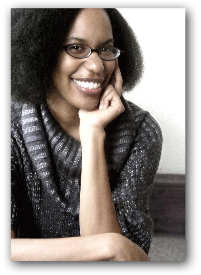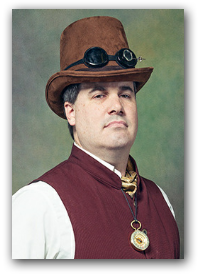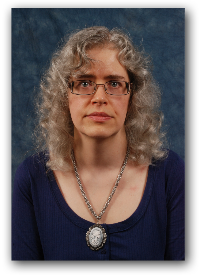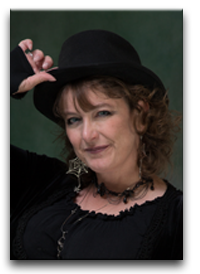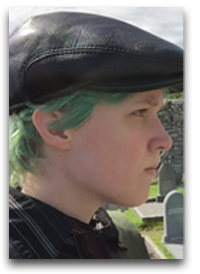14 Lennitay (continued)
Surrounded by a detachment of ten armored and helmeted guards, we left the palace grounds through an unattended stone arch tall enough that we passed through with a good five feet of headroom to spare. I immediately began to sweat. I don’t know if I stayed comfortable until that point because the cooling kathana extends to the palace grounds, or if it was all in my head, but Colosse was hot and the dress I was wearing, while comfortable enough, was still too heavy to be the right kind of clothing for this climate. I’m sure it was just me and my acclimation to a much more temperate climate, because it was still morning and could not possibly be as hot as I remember, and if I think about it, that was true. Once we were some distance from the palace, and people began filling the streets, I could see that everyone else dressed sensibly in short trousers and sleeveless tunics, or loose-fitting dresses, and wore the same kind of sandals everyone wore at the Darssan. Of course, looking at how comfortable they all seemed made me sweat more. I discovered when I returned to my room, much later, that my nose was burned red, which makes me look ridiculous. The God-Empress looked as if she were still in her cool, breezy chambers, despite her wearing many more layers than I was. All right, now I’m a little jealous of her. Just a little.
Our collenna took up most of the street, but no one paid any attention to us. Everyone from pedestrians to those people pulling the wheeled carts simply stepped out of our way, as if the collenna was shrouded in a concealment pouvra. The God-Empress just stared straight ahead, her hand raised and moving in a strange, complicated wave at the unseeing passersby, thinking who knows what. It seemed so out of character that I finally said, “Do they always ignore you like this?” and then cursed myself for using the word “ignore,” which made them sound disrespectful.
The God-Empress said, “It is a rose day. I am invisible. It would be disrespectful if they acknowledged me when I don’t choose them to.”
Rose day. Rose-colored collenna. “May I ask what other kinds of days there are?” I said.
The God-Empress never once turned her head to look at me during this conversation. When she spoke, her voice sounded as if it were coming from far away. “Honey days, when I am accompanied by the mages and all must bow before God’s presence and that of her priests.” (Mages as priests. I keep having more questions for Cederic.) “Moss days, in which all must present God with tokens of faith. Sky days, in which the streets are cleared entirely and those found outside are punished.”
“I see,” I said, and then couldn’t think of anything else to say. And tried not to imagine what punishment that might be.
The collenna lurched to a halt. “My God, I am sorry—please accept—I will be more diligent—” the master babbled, turning around in her seat, and this time I could see the th’an. It was far more complex than the ones on the loenerel and the war wagon had been, and I was struck so hard by the feeling that I ought to recognize it that I felt a little dizzy in addition to my fear for the collenna master’s life. But the God-Empress said nothing, still staring off into the distance, and soon the collenna moved on. I breathed more easily; I’d been afraid I was about to witness some of that punishment first-hand. I relaxed too soon, but that’s a different part of the story.
The God-Empress seemed completely sane all morning. She lost her distant look after a while and began pointing out landmarks, and I began enjoying myself. Colosse is almost as old as the disaster, and has grown up in much the same way as the palace, if less haphazardly; the palace has the disadvantage of being seen by its possessors as an outward representation of their divine power, and being frequently rebuilt accordingly. Colosse is just a big city that’s adapted to the needs and desires of its residents over the centuries. And it’s nothing like anything I’ve seen in my travels, but then I don’t think anything in my world is as old as Colosse. There are tall domed buildings where mages perform kathanas for those who can pay (and sometimes for those who can’t, depending on the mage) and buildings containing nothing but swimming pools and facilities for exercising, as if people don’t get enough exercise walking around and doing manual labor, but I suppose if you have magic readily available a lot of the manual labor is done for you.
There are three buildings that look like that giant’s building blocks dropped out of the sky, completely unadorned, that the God-Empress said contain books, and if you pay money you can go in and look at any of them you want. I don’t know if I believe her. They’re bigger than the biggest libraries we have in Balaen—the size of even one of those buildings would be enough to contain thousands, tens of thousands, of books, and that there are three of them…! Though that was another thing I learned; buildings that perform a particular function all look alike. So the libraries look like rectangular blocks, and the mage buildings are all domed, and some of them are smaller than the others but they all have the same shapes. So there are almost no signs anywhere, even marking the streets. It’s expected that you’ll know what services are offered based on the shape of the building. I don’t know if this is laid down by law, or if it’s just tradition, and I really couldn’t begin to guess. But since there are only so many types of building, even this otherworlder woman felt familiar with the city after only a short time. I saw a few shadowy people, but only three or four, and all of them were dressed and laden like travelers. I suppose if nothing occupies this space in my world, it makes sense that there wouldn’t be many things to be shadows in this one.
to be continued…








